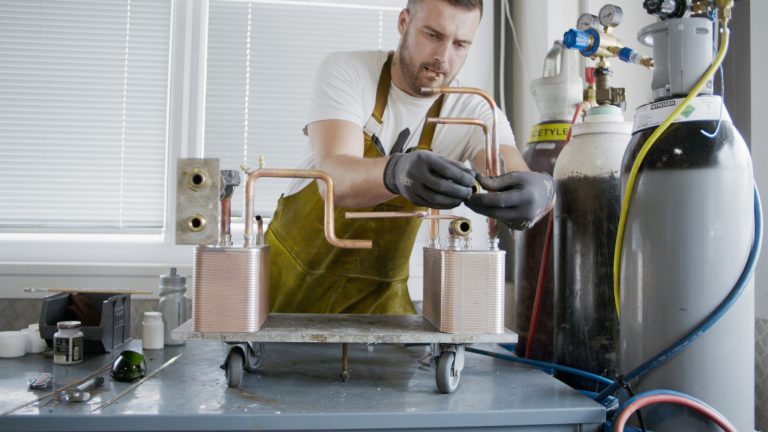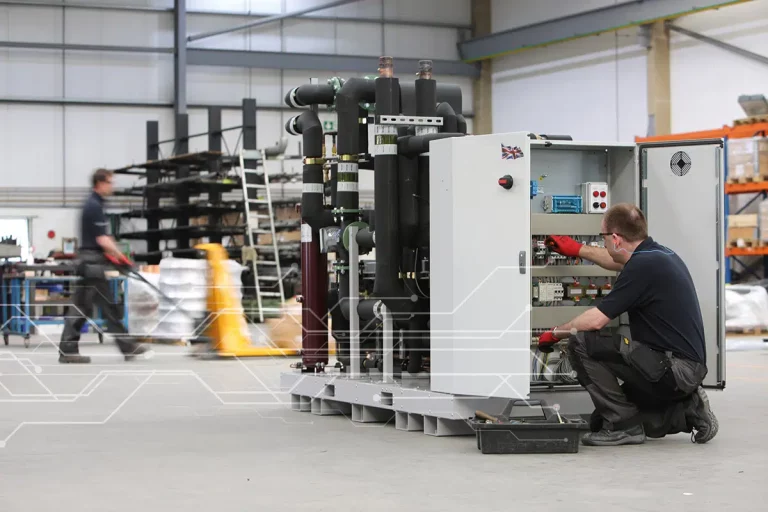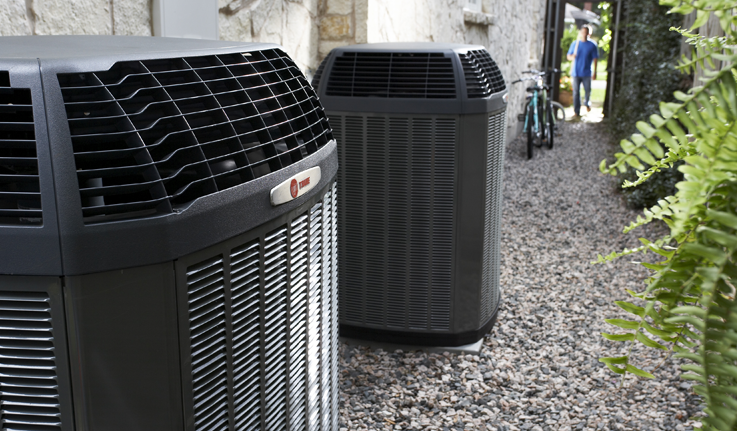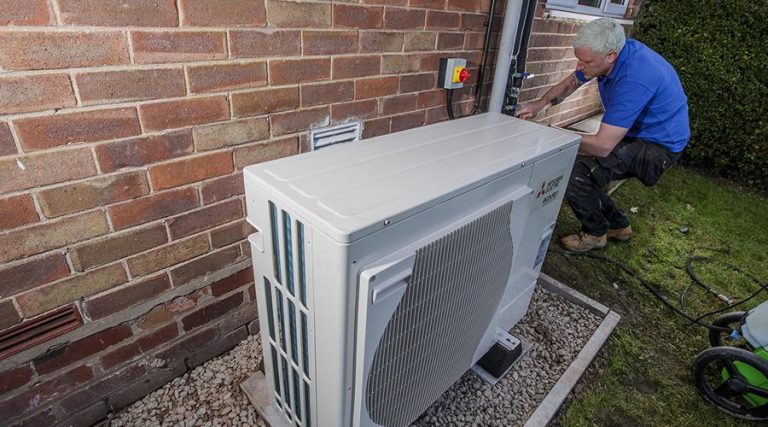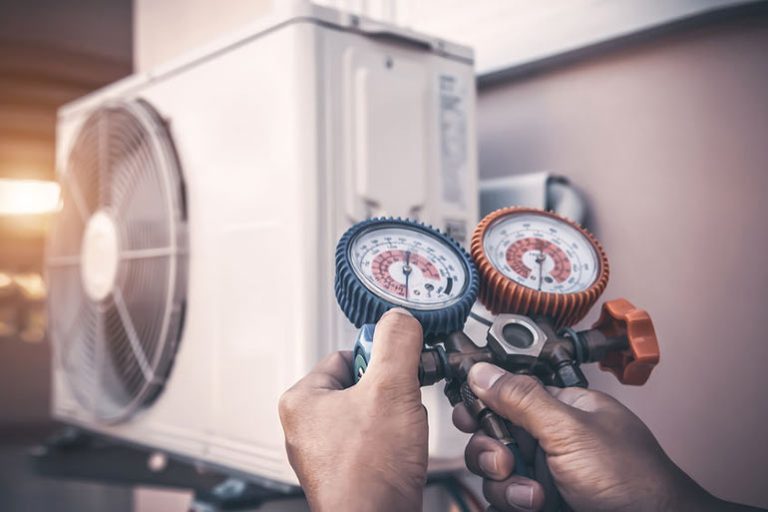Leading industrial engineering firm, Clade, has opened its newly expanded Technology Centre in Morley, Leeds, boosting production of heat pumps and creating over 300 new jobs in the area. Andrea Jenkyns, MP for Morley, formally opened the factory in a ceremony on 11 February 2022. For over 30 years, Clade has been leading energy transformation in heating and cooling using cutting-edge natural refrigerants. In order to furthersupport the UK’s transition to a greener economy, the new 29,000 sq foot factory will be dedicated to the production of Clade’s range of industry-leading CO2 heat pumps. Demand for Clade’s range of natural refrigerant heat pumps has grown across, commercial and industrial sectors. The expansion will enable Clade to significantly increase production by 400%. In addition, the company is creating over 300 new jobs over the next four years, split between factory floor and office roles. As a sustainable company, Clade ensures that its production processes are as green as possible. This includes the installation of solar PV to help generate clean energy, fitting electric vehicle charging points, using LED lighting and implementing waste reduction strategies. Alongside this, the company maintains its operation-wide policy for offsetting carbon generation through tree planting, with over 1000 trees planted, removing CO2 from the atmosphere and creating space for wildlife. On the factory opening, Dean Frost, Managing Director at Clade, said: “Opening this new technology centre is an important step for us to take. The last few years have been challenging for everyone, so it is fantastic to be able to share this celebration of success with our valued stakeholders, staff, customers and suppliers who have been with us on this journey, and will be for many years to come. “We are committed to tackling the challenges of climate change and our new facility will enable us to increase production, develop innovative new products and support the local community through job creation and subsequent impact on the supply chain” Dean added. Tim Rook, Chief Markets Officer at Clade, said the new facility will enable the company to accelerate the adoption of green heating technologies:“As the importance of tackling the climate emergency has become more urgent, Clade have developed high-performance heat pumps which will decarbonise heat in buildings and industrial processes throughout the UK and beyond. Heat makes up 40% of the UKs carbon footprint and heat pumps are the only viable solution, readily available and able to be deployed at scale quickly enough to make a difference.” “We are passionate about making our products work in the real world, supporting customers to get the very best long-term value from them and are looking forward to being able to expand our production, enabling more people to benefit from the carbon savings heat pumps create,” Tim concluded. For more information visit www.clade-es.com
